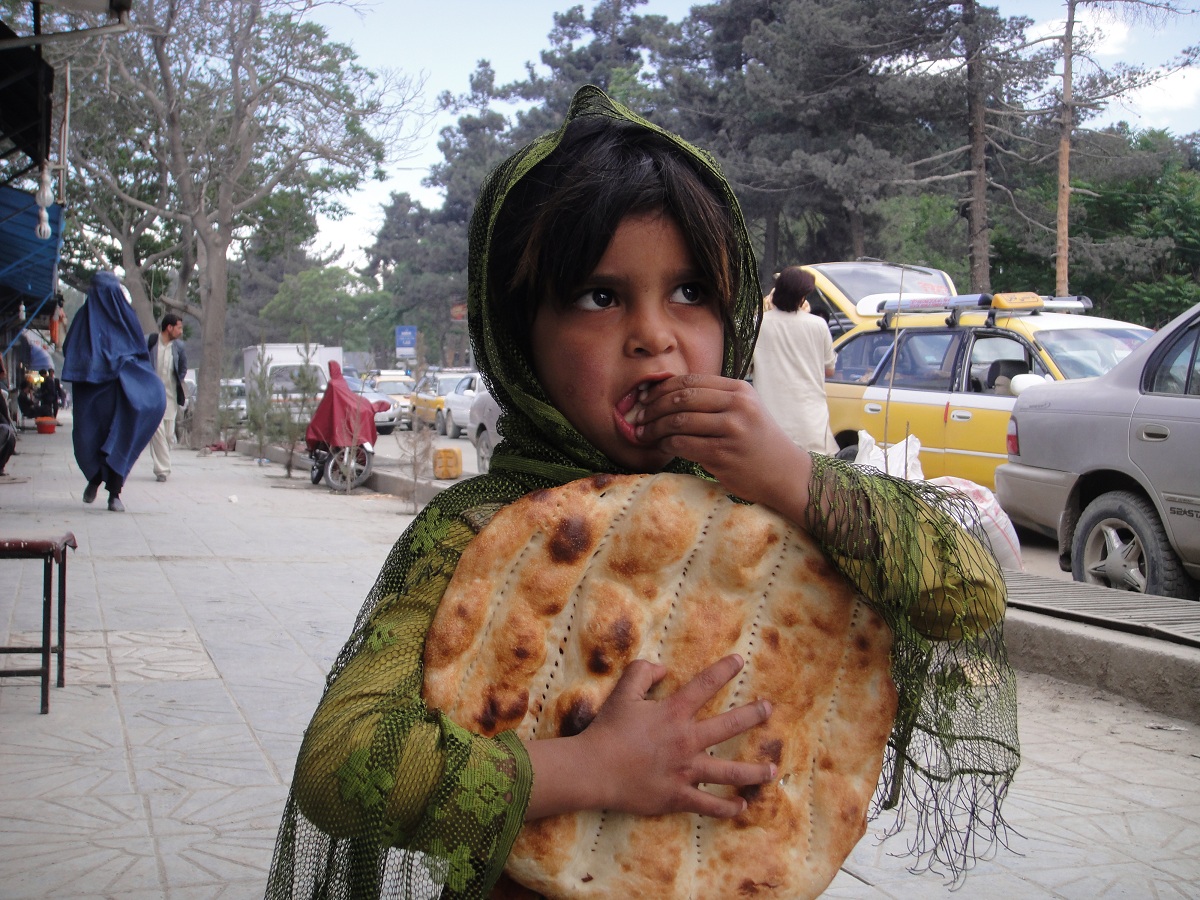
This week marks the start of a better life for 15 million Afghans (1) through something that many of us take for granted -- healthy, nutritious food daily -- the essential ingredients that enable us to reach our potential and for our communities, economies and countries to thrive.
Afghanistan suffers from one of the highest malnutrition rates in the world. Approximately 65 percent (2) of Afghanistan's children of pre-school age suffer from vitamin A deficiency resulting in low immunity, ill health and poor growth while iron and iodine deficiency throughout the country is negatively impacting GDP by approximately two percent (3) due to lower productivity of adults.
As the Copenhagen Consensus, a group of top global economists affirmed in 2008 and again in May this year, large-scale micronutrient fortification is a proven and cost-effective intervention that can mitigate malnutrition in the form of vitamin and mineral deficiencies and enhance the well-being of millions. The return on investment for such interventions is as high as 200 to one (4).
On September 9, 2012, the Global Alliance for Improved Nutrition (GAIN) launched a partnership in Kabul with Afghanistan's Ministry of Public Health, the Khalifa Bin Zayed Al Nahyan Foundation (KBZF) and the World Food Programme (WFP) to help alleviate the burden of malnutrition in Afghanistan by bringing more nutritious wheat flour, vegetable oil, and ghee to approximately half of the country's population.
The partnership we have launched this week is helping to make these regularly and widely consumed foods more nutritious through micronutrient fortification -- where essential vitamins and minerals for health and well-being are added to staple foods according to international standards and quality control measures. Large vegetable oil and ghee producers and wheat flour millers exporting to -- or producing in -- Afghanistan are important partners in this process, with responsibility for micronutrient fortification locally, and for ensuring that people have access to fortified staples through existing markets.
As Afghanistan's future hangs in the balance with donor funding decreasing and U.S. and NATO forces continuing their withdrawal from the country, the need for long-term, sustainable programs like the partnership -- that are driven by local markets -- will be increasingly essential towards Afghanistan's development.
Beyond making good investment sense, it is about transforming lives. It is about providing the sustenance needed to help Afghanistan create a more promising future so that each individual has an opportunity to reach their potential and to create livelihoods within the country that will help sustain both social and economic growth over the long-term.
References:
(2) WHO, CDC. Worldwide prevalence of anemia 1993- 2005. WHO global database on anaemia. World Health Organization, 2008
(3 Horton, Alderman, Rivera. (2008)Copenhagen Consensus Challenge Paper- Hunger and Malnutrition. In Copenhagen Consensus Paper.
(4) Source: Copenhagen Consensus. (2008)
